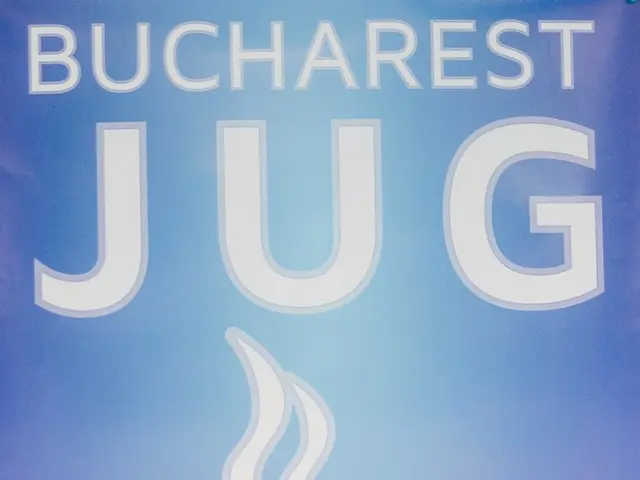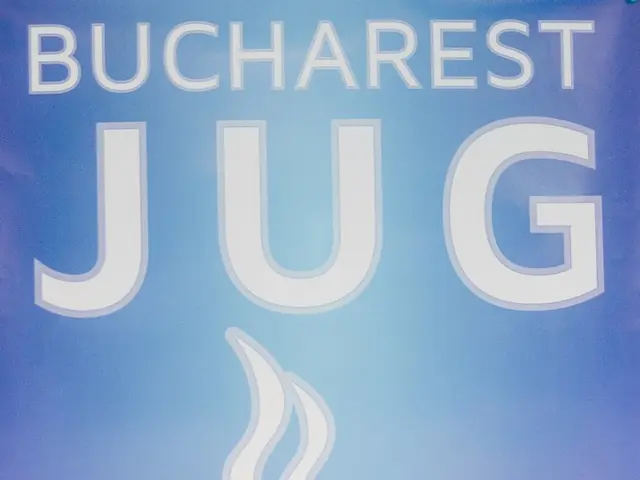Trump's 2025 Tax Plan Proposals: Potential for Enhanced Tax Returns (or Reduced Ones)
The One Big Beautiful Bill Act (OBBB) brings significant changes to the U.S. tax code, impacting various taxpayers across the country. Here's a breakdown of the key provisions affecting standard deduction, State and Local Tax deduction (SALT), child tax credit, tips, overtime, small business taxes, and more.
- Standard Deduction: The OBBB makes permanent the increased standard deduction established by the Tax Cuts and Jobs Act (TCJA), which benefits many taxpayers by reducing their taxable income without itemizing deductions.
- State and Local Tax Deduction (SALT): The SALT deduction cap increases temporarily from $10,000 to $40,000 for taxpayers earning under $500,000 between 2025 and 2029, allowing more deduction for state and local taxes paid, especially beneficial in high-tax states.
- Child Tax Credit: The OBBB increases the child tax credit, continuing enhancements made in recent years, thus likely raising refunds for families with children. For instance, a couple with $350,000 and two children under 17 would see $4,400 in child tax credit savings. Families with four children could see an increase in child tax credit breaks from $8,000 to $8,800. However, nearly 2.7 million children in the U.S. who previously qualified will no longer be eligible for the credit due to their parents' immigration status, leading to a potential $5.94 million loss in tax savings.
- Tips and Overtime Income: For 2025–2028, certain workers will experience no federal income tax on tips and overtime pay, which increases disposable income and potentially refunds for lower and middle-income earners who rely on these income sources. However, the deduction has the same income phaseouts as "no tax on tips" at $150,000 for single filers and $300,000 for married, filing jointly couples.
- Small Business Taxes:
- The Qualified Business Income (QBI) deduction is now permanent with some changes to phase-in limits, supporting pass-through businesses and small business owners.
- 100% bonus depreciation and immediate expensing for certain business investments have been permanently restored, benefiting businesses that invest in short-lived assets and R&D.
- Elimination of miscellaneous itemized deductions such as management fees is permanent, which may negatively affect high-net-worth individuals involved in investment funds, impacting their taxable income and refunds.
- Additional provisions:
- Individuals age 65 and over may claim an additional $6,000 deduction through 2028, potentially increasing refunds for seniors.
- New deductions for car loan interest and more stringent Social Security number requirements for claims affect compliance and eligibility.
- The OBBB introduced new Trump Accounts, which might help your child save for future educational, homeownership, and entrepreneurial costs.
In summary, most taxpayers will see increased refunds or reduced tax liability due to the higher standard deduction, expanded SALT cap, and no tax on tips and overtime for eligible workers. Families benefit from the improved child tax credit, while small business owners gain from permanent favorable depreciation and QBI deduction rules. However, high-net-worth taxpayers invested in funds may face limitations due to the disallowance of certain itemized deductions. Several provisions listed above are expected to receive additional clarification from the IRS by October 2025.
- With the increased SALT cap from $10,000 to $40,000, there's a possibility for taxpayers in high-tax states to benefit significantly from increased deductions within the scope of defi (defined) finance.
- The OBBB's provision of no federal income tax on tips and overtime pay for certain workers is anticipated to positively impact their financial situation, providing potential avenues for increased savings or reduced liabilities, especially within the realm of defi (defined) finance.




